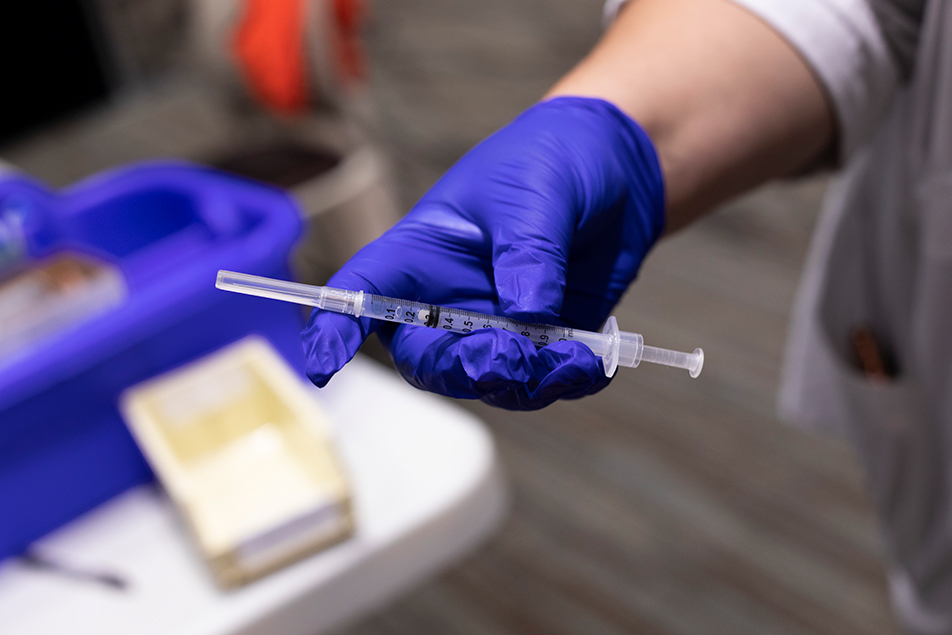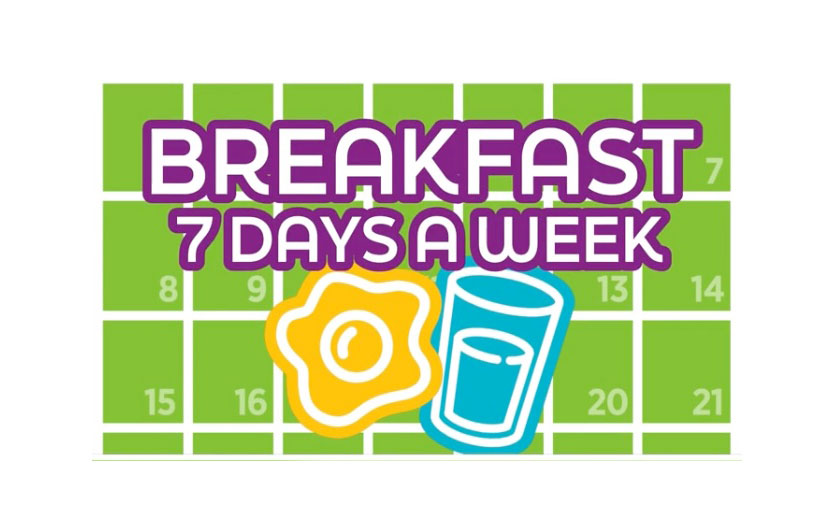We know you have questions regarding the COVID-19 vaccine, and our goal is to provide reliable, factual information to the populations we serve. With this in mind, Maryam Noureldin, PharmD, BCPS, BCACP, ambulatory pharmacist, Parkview Health, offers her expertise regarding the mRNA vaccine.
How does an mRNA vaccine work?
When we think of the vaccines we’re familiar with, we’re usually talking about a dead or weakened form of the bacteria or virus. With the mRNA vaccine, there is no virus component. There’s only an mRNA strand (think of a code or recipe to fight the virus) for the body to mount an immune response. There are no viral components, so recipients will not get COVID-19 virus from the vaccine.
How did they create the vaccine so quickly?
There was a lot of focus and resources dedicated to this vaccine. And, while it feels new, the mRNA technology has been studied for about ten years.
What is in the mRNA vaccine?
It’s actually fairly simple. It contains the mRNA strand (code or recipe to create the protein we need to mount an immune response), lipids to help the vaccine get where it needs to go in the body and a limited number of preservatives that are typically found in all vaccines.
Why do current vaccines require multiple doses?
There are different ways our bodies mount an immune response. You can probably recall your childhood vaccines and then the booster doses you received later on. Booster doses can create a greater immune response. Both COVID-19 vaccines currently available require two doses. The first dose primes the body to receive the protein and allows us to create antibodies. The second dose sets in that immune response so we have the appropriate amount of antibodies to be protected.

What are the side effects?
The potential side effects will be similar to what you might experience with a mild infection, including a slight fever, chills and/or mild fatigue. These indicate that the body is creating that immune response and antibodies, and should only last a few days. The majority of recipients experience side effects following the second dose of the COVID-19 vaccine.
Should individuals get the vaccine if they’ve previously tested positive for COVID-19?
If you’ve had COVID-19, your body likely created antibodies against the virus. Experts predict these antibodies stay in the body for 90 days after infection and then the individual is at risk of getting COVID again. Because of this, even if you’ve had the virus, it’s important to get the vaccine.
Is the vaccine safe?
The safety of the COVID-19 vaccine was studied extensively. Researchers did not identify any adverse effects significant enough to keep the vaccine off the market. Any side effects of the vaccine would be comparable to those of the flu or shingles vaccine. There is always the potential of having an allergy to any vaccine you receive, but there was nothing found with the COVID-19 vaccine that would make people more prone to having a reaction.
Could I have a severe allergic reaction?
While there is always the potential for an individual to have a severe reaction to any vaccine, recipients will be monitored for a period following their injection. Professionals will be tracking patients, so if there are any severe side effects, they will be able to address those on site.
If you get a COVID-19 vaccine and think you might be having a severe allergic reaction after leaving the vaccine site, seek immediate medical care by calling 911.




